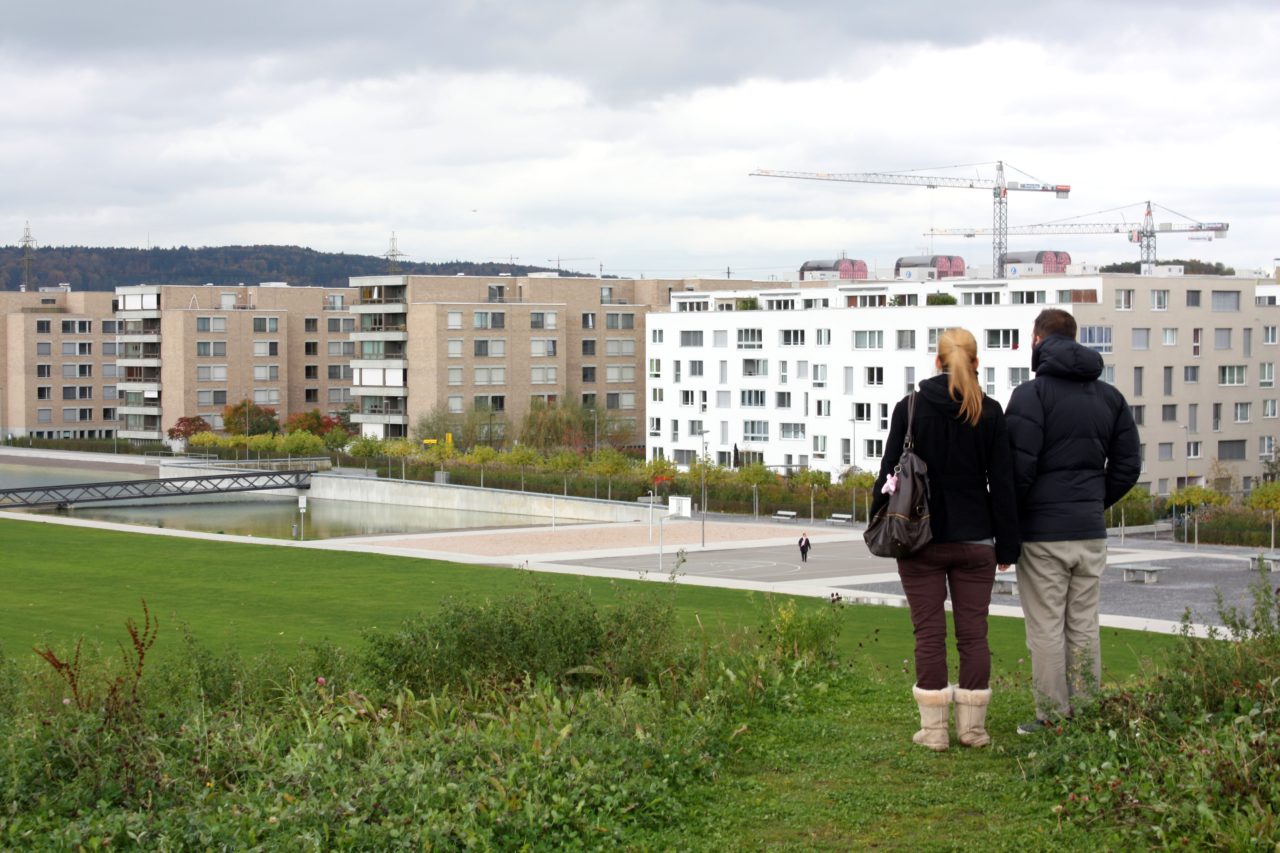
Das Teilprojekt Urbane Prozesse analysiert die gesellschaftlichen Bedingungen der Entstehung von urbaner Qualität. Es erarbeitet vergleichende Analysen der relevanten sozialräumlichen Prozesse in den untersuchten Teilgebieten und fokussiert auf die involvierten Akteurinnen und Akteure, Aktivitäten und urbanen Praktiken. Besonderes Gewicht liegt auf der Frage der Kommunikation und der Partizipation in städtebaulichen Planungs- und Entwurfsprozessen.
Im Teilprojekt Urbane Prozesse geht es einerseits darum, die urbanen Prozesse im physischen Raum zu lokalisieren und die urbanen Qualitäten aus der Perspektive der konkreten Alltagserfahrungen von NutzerInnen und BewohnerInnen zu untersuchen. Andererseits werden innerhalb der Fallstudien sowie auf dem metropolitanen Massstab die Ausgestaltung verschiedener Governanceprozesse, die urbane Qualitäten beeinflussen, rekonstruiert und analysiert. Dabei wird nach den Akteurskonstellationen sowie den Handlungsspielräumen der einzelnen Akteurinnen und Akteure und deren Vorstellungen von urbaner Qualität gefragt. Durch die Kombination der beiden Ebenen lassen sich gezielte Aussagen zur urbanen Qualität der sehr unterschiedlichen urbanen Konstellationen treffen.
Bislang wurden durch Analysen und Recherchen sowie durch die Erhebung empirischen Datenmaterials mittels qualitativer Methoden verschiedene Aspekte urbaner Qualität herausgearbeitet. So zeigt sich, dass das Verhältnis zwischen städtebaulichem Massstab und der Anzahl der Akteurinnen und Akteure, die einen Raum bevölkern und beleben (Interaktionsdichte) eine ebenso wichtige Voraussetzung für urbane Qualität bildet, wie das Vorhandensein von unterschiedlichen Nutzungen und unterschiedlichen Menschen an einem Ort (Zentralität). Die entscheidende Frage, die sich an den Aspekt der Zentralität anschliesst ist, wie die dabei entstehenden Differenzen erlebt und gelebt werden und welche städtebaulichen Rahmenbedingungen dazu führen, dass verschiedene Lebenswelten und Handlungs-zusammenhänge miteinander interagieren. Schliesslich zeigen die Forschungsergebnisse, insbesondere zu Zürich Nord, dass der Schlüssel für «urbane Qualität» nicht in inszenierten urbanen Formen liegen kann.
Teilprojekt des Projektes Urbane Potentiale und Strategien in metropolitanen Territorien
Verena Poloni und Caroline Ting